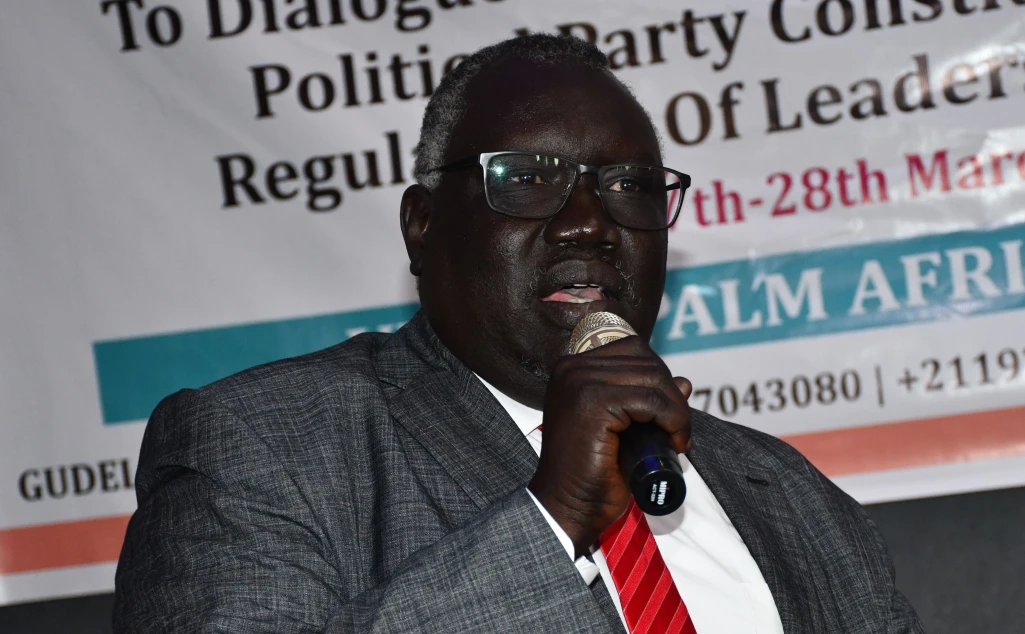
Any political parties that aspire to be registered must reflect 35% of women's representation in their party, the Political Parties Council (PPC) has announced.
The Revitalized
Peace Agreement on the Resolution of Conflict in South Sudan urges all the
parties to empower and engage women in decision-making process.
However,
women groups often say that the parties to the September 2018 peace pact have
not lived up to the stipulations.
James Akol
Zakayo, head of PPC, says any party that will not adhere to women's
representation provision will not be registered.
"Any
political party must have a representation of 25% of women in their party. They
must also have 35% of representation in the leadership. Any party that will not
reflect 35% of women in their party will never be registered," Akol said
on Wednesday during a meeting of women leaders in political parties organized
by Women's International Peace Center.
Akol added
that the 35% of women representation must be drawn from 500 eligible members
that a party must have to be registered.
"For any
political party to be registered, it must draw 500 eligible members from
two-thirds of 10 States and three administrative areas. Those 500 members must
represent all tribes in South Sudan and be 35% women," he stressed.
For her part,
Hon. Mary Ayen, deputy speaker of the Council of States, said women's
participation in leadership helps in peace building.
"It is
vital to ensure that there is sustainable peace in South Sudan. Peace building
without inclusive participation of women cannot be achieved," Hon. Ayen argued.
The lawmaker stated
that as the country prepares for December elections, women should be included
in the democratic process.
"Making
decisions that are from only one lens in terms of gender can neglect many ideas
and views that could be helpful in peace building. If we want to see
transparent, free, and inclusive election, then it cannot be without women
participation," Ayen stressed.
She appealed
to the government to empower women in leadership.
The Women's International Peace Center is a feminist organization with a mission to ignite women's leadership, amplify their voices, and deepen their activism in re-creating peace.
This was met with objection by the representatives of the opposition parties and civil society groups, who consider it "exorbitant" and "limit" growth of democracy and multi-party system in the nascent country.